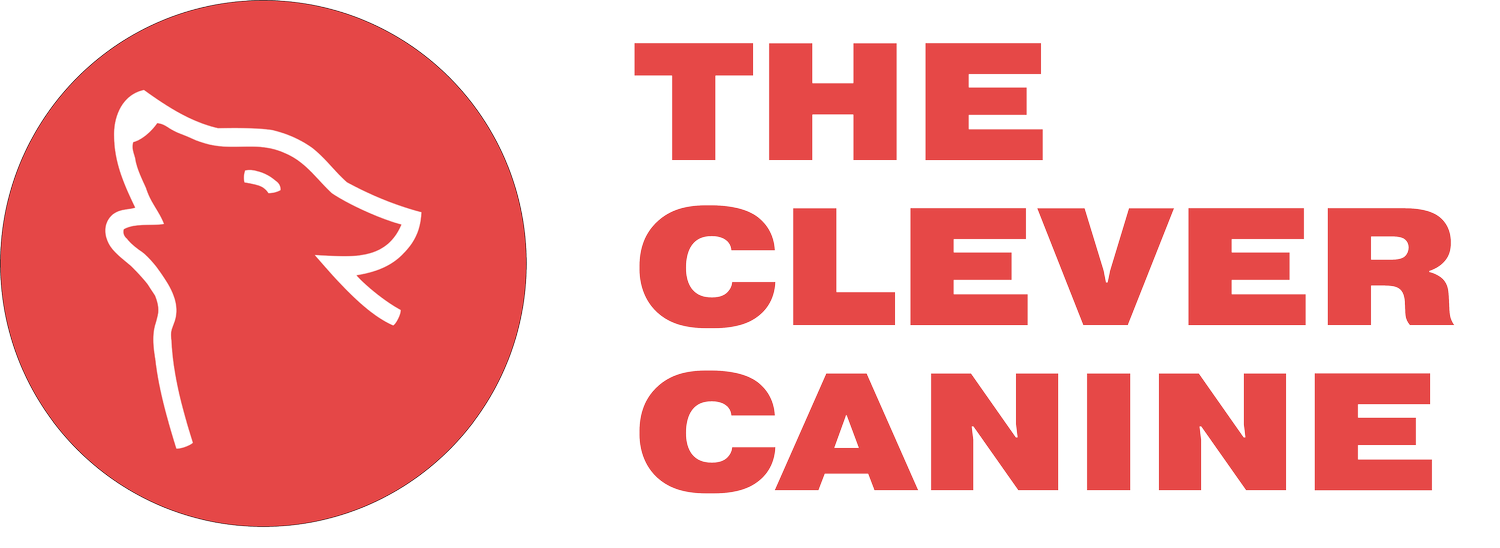Effective Potty Training Tips for Puppies
Let’s tackling a biggie: potty training your adorable new puppy. We know it can be a challenge, but with the right tips and a little patience, you and your pup will be pros in no time. So let’s dive into some effective potty training tips!
Start with a Schedule
Why it works: Puppies thrive on routine. By establishing a consistent schedule, you'll help your puppy understand when and where they're supposed to go potty.
How to do it: Take your puppy out first thing in the morning, after meals, after playtime, and before bed. Consistency is key! Set a timer if you need to. Your puppy will soon learn that there's a specific time and place for potty breaks.
Choose a Designated Potty Spot
Why it works: Having a designated potty spot helps your puppy associate that area with doing their business. This can speed up the training process.
How to do it: Pick a spot in your yard or near your home where you always take your puppy to potty. Take them there on a leash and wait until they go. Give them lots of praise and a treat immediately after they finish. Your pup will soon get the idea!
Reward, Reward, Reward!
Why it works: Positive reinforcement is one of the most effective training techniques. By rewarding your puppy for going potty in the right place, you’re encouraging them to repeat the behavior.
How to do it: Keep treats handy and give your puppy a treat and lots of praise every time they potty in the right spot. You can also use a clicker if you're into clicker training. The key is to reward them immediately so they make the connection.
Keep an Eye on Them
Why it works: Supervision is crucial during the potty training phase. The more you can keep an eye on your puppy, the fewer accidents they'll have inside.
How to do it: Use baby gates or a playpen to confine your puppy to one area of the house where you can keep an eye on them. Watch for signs that they need to go, like sniffing around or circling. When you see these signs, take them outside right away.
Use a Crate
Why it works: Crate training can be a fantastic tool for potty training. Most puppies won’t soil their sleeping area, so a crate can help teach them to hold it until they’re outside.
How to do it: Choose a crate that’s just big enough for your puppy to stand up, turn around, and lie down in. Introduce the crate slowly, making it a positive space with toys and treats. Use the crate for short periods when you can’t supervise your puppy, and always take them outside to potty immediately after letting them out.
Clean Up Accidents Thoroughly
Why it works: Puppies have a strong sense of smell, and if they can smell past accidents, they might think it’s okay to go there again.
How to do it: Use an enzymatic cleaner to thoroughly clean any accidents. These cleaners break down the proteins in urine and feces that cause odor, preventing your puppy from returning to the same spot.
Be Patient and Consistent
Why it works: Potty training takes time and consistency. Every puppy is different, so some may catch on faster than others.
How to do it: Stick to your routine and stay patient. There will be accidents, but that's part of the learning process. Keep up with your training, and don’t get discouraged. Your puppy will get there with time.
Monitor Food and Water Intake
Why it works: Knowing when your puppy eats and drinks helps you predict when they’ll need to go potty.
How to do it: Feed your puppy at the same times every day and take them out 15-20 minutes after eating. Limit water intake before bedtime to reduce nighttime accidents.
Use Commands
Why it works: Teaching your puppy a potty command can help them understand what you want them to do.
How to do it: Choose a simple command like “Go potty” and say it every time you take your puppy to their designated potty spot. Over time, they’ll associate the command with the action.
Keep a Potty Journal
Why it works: Tracking your puppy’s potty habits can help you see patterns and make training more effective.
How to do it: Jot down when and where your puppy goes potty each day. This can help you predict their schedule and adjust your routine as needed.


